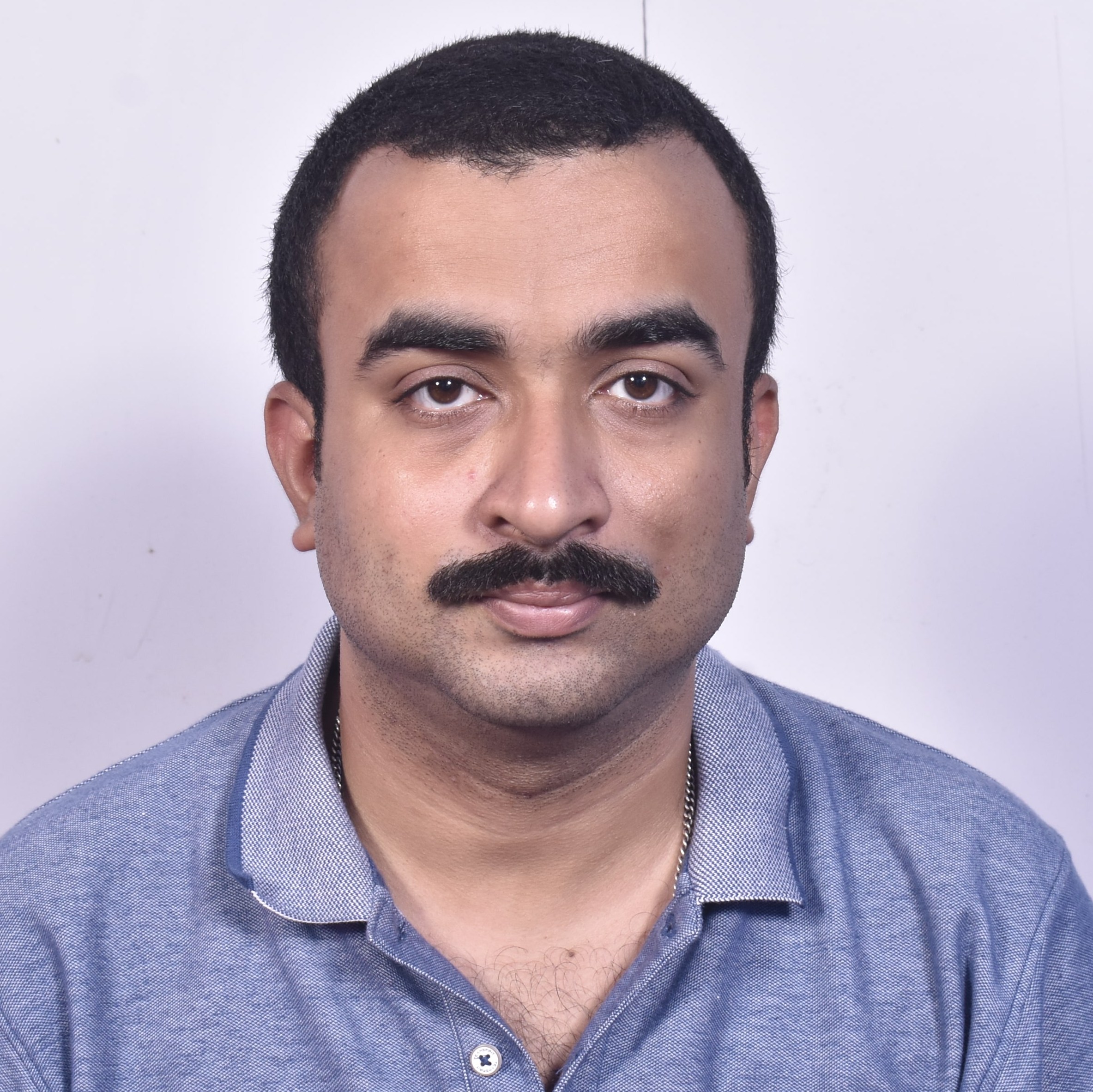Teaching
Future Teaching Directions
If I get the opportunity, I would like to teach the following courses to undergraduate and Postgraduate students.
Fundamentals of Electronics
Analog Electronics (Basic and Advanced Level)
In the first part of the course, I would like to teach an overview, applications, fundamentals, and design flow of the state-of-the-art integrated circuits (IC) and systems. Course contents include the fabrication process, diodes, bipolar transistors, and MOS transistors and modes of operations, and fundamentals of analog, digital, and mixed-signal IC design. In the second part of the course, I would like to teach Noise analysis, Advanced op-amp design techniques, A/D and D/A converters, Passive filter design, and Active filter design.
Mixed-signal IC Design
In this course, I would like to systematically introduce major issues of mixed-signal circuit designs and their applications in bio-medical and sensory systems. The first half course is dedicated to mixed-signal IC design. The course starts with 2 review classes on OPAMP design, filter design, and circuit noise. Then, the course covers topics on pipelined ADC, Sigma-delta ADC, and SAR ADC. The second half course is dedicated to sensory and bio-medical IC design. The topics include bio-potential detection, implants, DNA detection, CCD, and CMOS imaging.
Power Management IC Design (Part 1 and 2)
This course aims to teach Integrated circuit techniques for power management components. In the first part, I would like to teach Analog/Digital Control and Tuning Methods in Switch Mode Power Converters. In the second part, I would like to teach voltage references (BGR), linear voltage regulators, low dropout regulators (LDO), and switched-capacitor power converters.
Biomedical Instrumentation (Focus area - Wearable and Implantable Medical Devices)
This course builds on the fundamental knowledge of biosensors and bioinstrumentation. In the first part of the course, I would like to cover (1) Basic concepts of biomedical signal analysis; (2) Measurements of bioelectrical, biomechanical, and biochemical signals for medical diagnosis and clinical monitoring; (3) typical building blocks of measurement devices, (4) effect of AI/ML in biosignal processing. In the second part of the course, I would like to cover designs of four popular biosignal measurement devices (a) ECG/EEG, (b) PPG (blood pressure and Sp02), (c) sweat analyzer (lactate, glucose, Na+ etc.), (d) closed-loop neural implant (stimulation, sensing and drug delivery)
At HKUST, I worked as a TA for the following courses.
Power Management Integrated Circuit Design
Instructor - Dr. Wing Hung Ki; class strength -20
Analog IC Analysis and Design
Instructor - Dr. Wing Hung Ki; class strength - 100
Introduction to Embedded Systems
Instructor - Dr. Kam Tim Woo, class strength -120
Introduction to Integrated Circuits and Systems
Instructor - Dr. Howard Luong, class strength - 100
